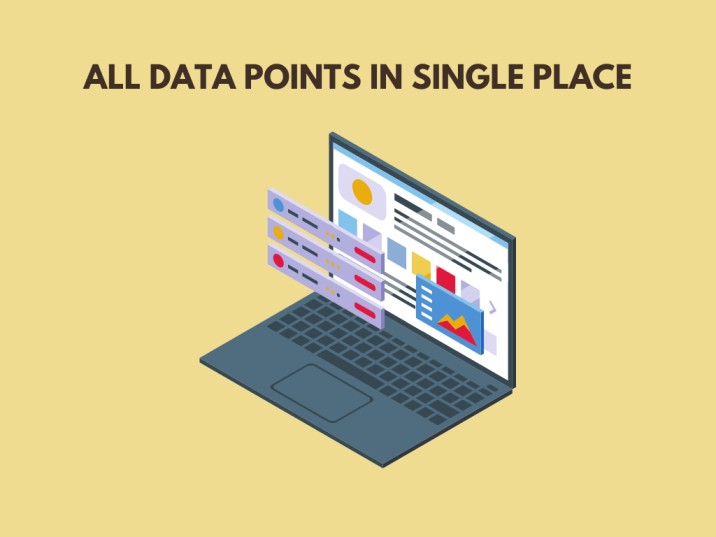

A Guide to Understanding Content Management Systems (CMS)
As the digital world continues to evolve, it’s increasingly important for businesses to have a strong online presence. A Content Management System (CMS) is a powerful tool that can help you create, manage, and publish digital content on your website with ease.
What is a Content Management System (CMS)?
A CMS is a software platform that allows you to manage your website content without needing to have technical expertise or knowledge of HTML or other programming languages. A CMS typically includes a user-friendly interface, where you can add, edit, and delete content, as well as manage other aspects of your website, such as images, videos, and other multimedia files.
Benefits of a CMS
- Easy to Use: A CMS is designed to be user-friendly and intuitive, so you can manage your website content without needing technical expertise.
- Flexibility: Most CMS platforms offer a wide range of customization options, so you can create a website that fits your specific needs and requirements.
- Improved Collaboration: With a CMS, multiple team members can work on your website simultaneously, making it easier to collaborate and manage content changes.
- Better SEO: A CMS can help improve your website’s SEO by providing built-in SEO optimization tools and a flexible structure that allows you to create content optimized for search engines.
- Increased Security: A CMS can help improve the security of your website by providing automatic software updates, security patches, and other security features.
Choosing the Right CMS
When choosing a CMS, it’s important to consider your specific needs and requirements. Some key factors to consider include:
- User-friendliness: Look for a CMS with a user-friendly interface that is easy for your team to use and navigate.
- Customization: Look for a CMS that offers a range of customization options, so you can create a website that fits your specific needs.
- Integration with other tools: Make sure the CMS integrates seamlessly with other tools and systems you use, such as your CRM, marketing automation, and email marketing tools.
- Mobile-responsive design: Make sure the CMS provides a mobile-responsive design, so your website is optimized for viewing on all devices.
- Technical support: Look for a CMS with a strong technical support team that can help you with any issues you may encounter.
Conclusion
A CMS is a powerful tool that can help you create, manage, and publish digital content on your website with ease. By choosing a user-friendly and flexible CMS that fits your specific needs, you can improve your website’s efficiency, collaboration, and overall performance. Start exploring the many CMS options available and find the right platform to help you achieve your digital goals.

Services That are across platforms
Start working with Oxvsys that can provide everything you need to automate your workflow